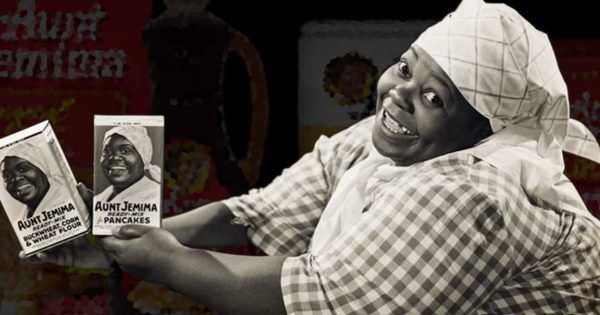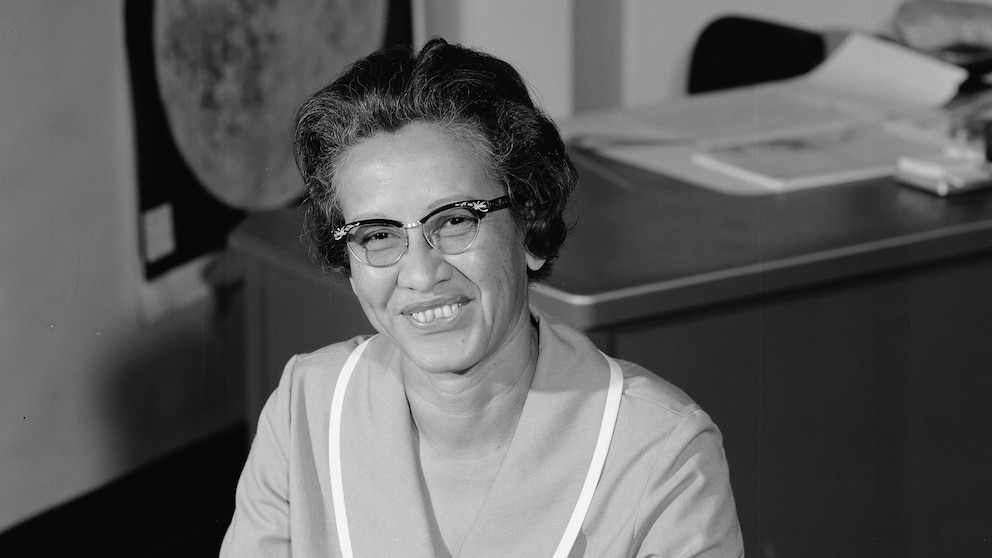The Rich History of Aunt Jemima
When we think of Aunt Jemima, we can’t help but conjure up memories of delicious pancakes and warm breakfasts. But there is so much more to this iconic brand than meets the eye.
The story of Aunt Jemima dates back to 1893 when Nancy Green, a former slave, introduced the world to this beloved character at the Chicago World’s Fair. Green’s culinary skills and warm personality won the hearts of fairgoers as she served up her famous pancakes while donning her characteristic apron and headscarf.
After Green’s passing in 1923, Anna Short Harrington, the great-grandmother of Larnell Evans Sr., took on the role of Aunt Jemima. Harrington continued to spread joy through her pancakes, traveling across the country and becoming a household name. For two decades, she dedicated herself to the Quaker Oats Company, leaving a lasting impact on countless individuals.
Recognizing the Contributions
It is understandable that the recent rebranding of Aunt Jemima by Quaker Foods has sparked anger and frustration among those who hold this brand dear. Larnell Evans Sr., the great-grandson of the original Aunt Jemima, Anna Short Harrington, is particularly dismayed by this decision. He believes that the rich heritage and contributions of these remarkable women, including Nancy Green, are being disregarded and erased.
Evans urges us to ponder the historical significance of Aunt Jemima and the impact it had on the lives of both white and black individuals. For years, Quaker Foods profited from the likeness of these iconic women and the imagery associated with slavery. Now, it seems that their contributions are being dismissed and forgotten.
A Call for Understanding and Reflection
While Quaker Foods has made its stance clear regarding the rebranding, it is important for us to recognize the emotions tied to this decision. Aunt Jemima represents an important chapter in our shared history—one that should not be forgotten or erased.
Evans brings an important perspective to the conversation, asking us to consider the consequences of erasing our past. Rather than dismissing the legacy of Aunt Jemima, let us seek understanding, empathy, and the acknowledgement of the contributions made by individuals like her.
Together, we can move forward by honoring our shared history and celebrating the diverse individuals who have brought joy and comfort to our breakfast tables for generations.






